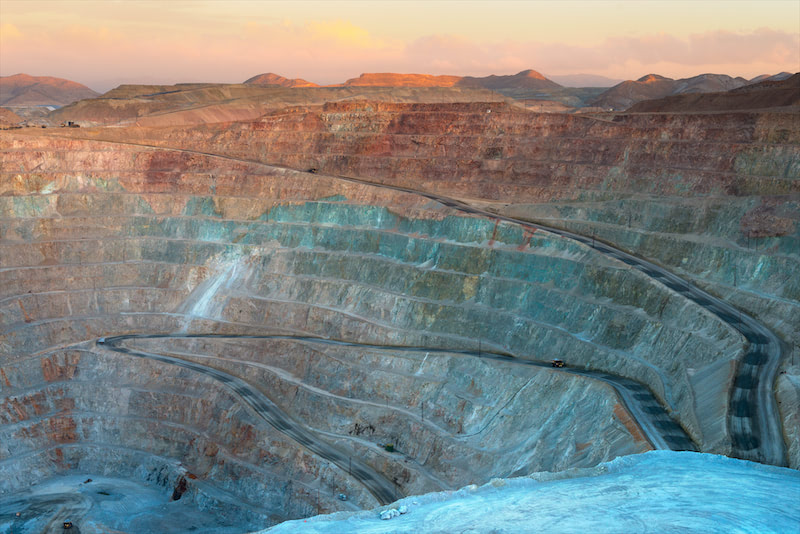SMM2 26: with the spread of the overseas epidemic, Japan, South Korea and Italy "red alert" frequency, the global market seems to set off a selling storm again; if the epidemic further spread, the global economy may be hit. Steel market demand is expected to change, while overseas steelmakers' demand for iron ore may change. SMM collated the current crude steel and pig iron production capacity in Japan, South Korea and Italy as follows:

By country:
Japan:
Japan's Kobe Steel Co., Ltd.'s net profit fell 84 per cent to $722646.7 from $400m in the same period last year from April to December 2019, according to foreign media. Operating profit fell 62.6 per cent to $130 million from $340 million last year. Net sales were $12.45 billion, down 4.1 per cent from a year earlier. For fiscal year 2019 (March 31, 2019 to March 31, 2020), the company expects a attributable net loss of 15 billion yen and an operating loss of 5 billion yen, while net sales were 1.89 trillion, down 4.2 percent from a year earlier. Therefore, recently, Japan Nippon Steel (Nippon Steel Corporation) steel has been reported one after another shutdown news, SMM learned the details of the following table:

In addition, JFE Steel, in Tokyo, Japan, recently announced the suspension of some of its plate production operations in Japan. The decision was mainly due to falling demand and unstable global economic growth. According to SMM, Japan's crude steel production capacity may fall by about 10 million tons in 2020, pig iron production capacity is expected to drop by 8 million tons, and the corresponding iron ore demand is expected to be reduced by about 12 million tons.
Korea:

Posco Iron and Steel Guangyang Iron and Steel Plant has started to renovate the No. 3 blast furnace on February 12 and is scheduled to be completed on May 28. The steel plant has five blast furnaces and Posco has four other blast furnaces, a total of nine. After the completion of the third blast furnace transformation, it will form the world's largest POSCO Guangyang No. 1 blast furnace, 5500 cubic meters of durable No. 4 and No. 5 blast furnaces, 5600 cubic meters of No. 3 and No. 4 blast furnaces operating together with 6 super-large blast furnaces. Although POSCO maintenance is not greatly affected by the epidemic situation, but maintenance will lead to a decline in iron ore demand in South Korea. According to the current POSCO maintenance time, the average daily output of hot metal is 12000 tons, and the total iron ore demand is about 2.2 million tons. The expected increase in iron ore shipments to China in the later period is expected to curb the rise or formation of domestic iron ore prices.
According to SMM, the total amount of Aoba iron ore production in 2019 is about 1.17 billion tons, of which about 75% goes to China, with Japan and South Korea accounting for the highest proportion.

If the overseas epidemic continues to spread, for example, steel companies with long processes in Japan and South Korea may have further cuts in production, it will have an impact on iron ore demand; with the gradual control of the epidemic in China, production has been resumed downstream of domestic terminals one after another, and most of the steel enterprises overhauled in the early stage have plans to resume production, and the demand for iron ore is expected to rise. As demand for iron ore from overseas weakens, the proportion of Aoba iron ore shipped to China is expected to increase.
Italy:
Italian blast furnace capacity is relatively small, and ArcelorMittal has confirmed the transfer of the beleaguered Ilva steel plant to state-appointed managers on December 4, 2019, and has ceased operations. January 15, 2020. Mr. Lucia Morselli, Chief Executive Officer of ArcelorMittal Italy, has informed the union of the planned shutdown of the blast furnace at the Ilva Steel Plant in Italy. The Ilva steel plant, which has a pig iron production capacity of about 11.5 million tons, produced about 4.6 million tons of pig iron last year and reduced iron ore demand by about 7.9 million tons in 2020 after its shutdown.
To sum up, the demand for iron ore in Japan, South Korea and Italy will be reduced by 22 million tons so far in 2020. SMM estimates that the global iron ore supply in 2020 will increase by about 52 million tons compared with 2019, so the shutdown of overseas steel mills will further suppress iron ore prices in 2020.



